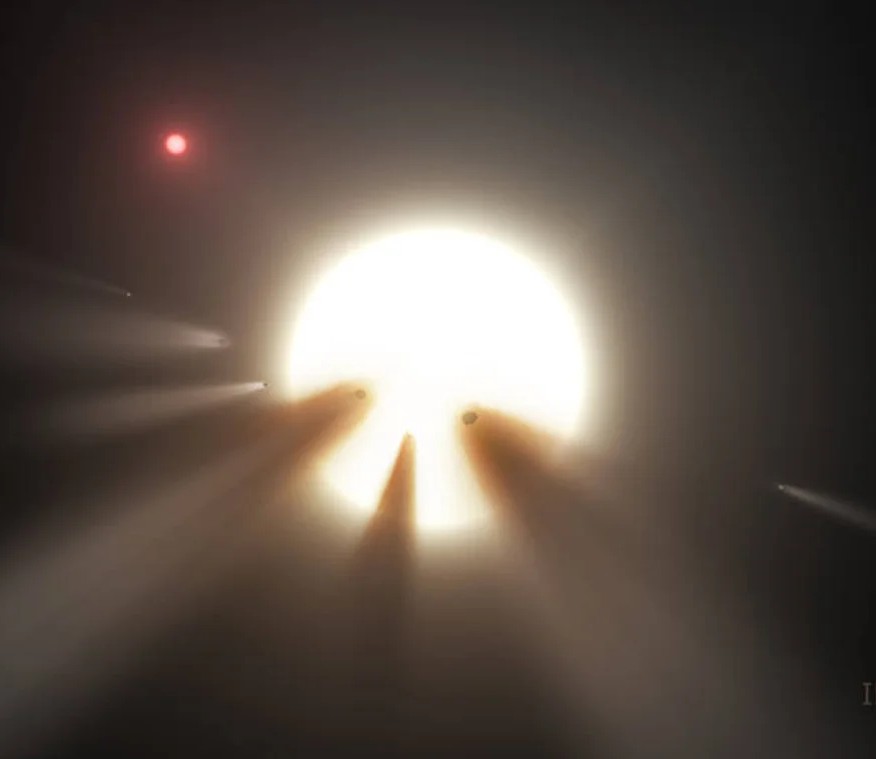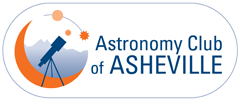5 March 2026 – Club Meeting Presentation
— Thursday night, 7:00 – 8:30 p.m.
This free speaker presentation will be offered in-person at the
UNC-Asheville Reuter Center and virtually online. Registration is not required; use this Zoom link to watch the presentation remotely.
Although parking is free for this event at the UNC-Asheville Reuter Center, you must register your vehicle with a “Visitor 5pm – 6am” permit type at this link. Once registration is complete, visitors will not need to print or display a permit; the system utilizes camera-based License Plate Recognition technology. All vehicles must park front-end in, so that the license plate is visible.
An Astronomy Guest Speaker Series Event – a collaboration of the Astronomy Club of Asheville and UNC-Asheville
 Tabby’s Star – a Bizarre Variable
Tabby’s Star – a Bizarre Variable
– presented by
Melanie Crowson,
Professional Astronomer
There has been much research on a variable star of interest known as Tabby’s star or KIC 8462852. This presentation will cover its history of discovery and why it is so intriguing, the differing theories to describe its variability and the work done by the speaker to comparatively analyze the star photometrically, as well as using radio astronomy for a broader and new look at this star.

